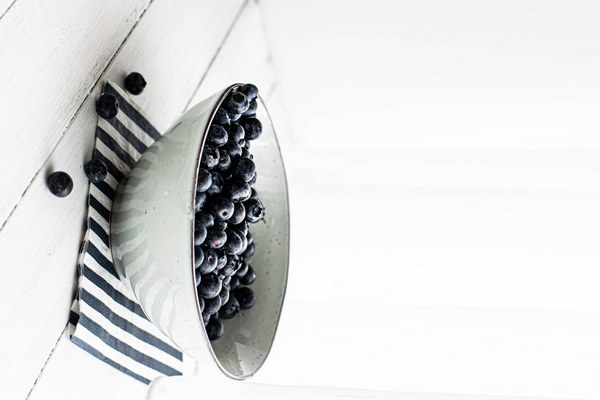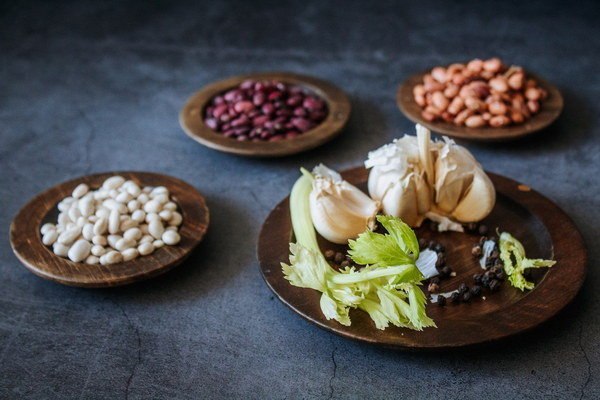The Ultimate Guide to Edible Birds Nest A Treasure Trove of Health and Vitality
Introduction:
Edible bird's nest, a delicacy that has been cherished for centuries, is not only a culinary delight but also a treasure trove of health and vitality. Derived from the saliva of swiftlets, these nests are believed to possess numerous health benefits. In this article, we will delve into the world of edible bird's nest, exploring its origins, nutritional value, and the myriad of health benefits it offers.
1. Origins and History:
Edible bird's nest has a rich history that dates back to ancient China. The nests are made by swiftlets, small birds that reside in the tropics. These birds secrete a sticky saliva that hardens to form a nest, which they use to raise their young. The nests are then harvested, cleaned, and processed to be consumed as a delicacy.
2. Nutritional Value:
Edible bird's nest is a powerhouse of nutrients, offering a wide array of health benefits. Some of the key nutrients found in edible bird's nest include:

a. Protein: With a high protein content, edible bird's nest is an excellent source of amino acids, which are essential for muscle repair and growth.
b. Collagen: Edible bird's nest is rich in collagen, a protein that helps maintain healthy skin, hair, and nails.
c. Selenium: Selenium is an antioxidant that plays a crucial role in protecting the body against oxidative stress and supporting immune function.
d. Iodine: Iodine is essential for thyroid health, and edible bird's nest is a good source of this vital nutrient.
e. Trace minerals: Edible bird's nest contains trace minerals such as zinc, iron, and copper, which are important for overall health and well-being.
3. Health Benefits:
a. Immune system support: The high levels of antioxidants and selenium in edible bird's nest make it an excellent immune-boosting food. It helps protect the body against infections and diseases.
b. Anti-aging properties: The collagen in edible bird's nest helps to maintain elasticity and firmness in the skin, reducing the appearance of wrinkles and fine lines.
c. Digestive health: Edible bird's nest has been traditionally used to improve digestion and alleviate symptoms of gastrointestinal disorders.
d. Respiratory health: The anti-inflammatory properties of edible bird's nest can help alleviate respiratory conditions such as asthma and bronchitis.
e. Energy and vitality: The combination of nutrients in edible bird's nest provides a natural energy boost, helping to increase vitality and stamina.
4. Culinary Uses:
a. Soup: The most popular way to consume edible bird's nest is in soup. It is often served as a healthful and luxurious soup, known as Bird's Nest Soup.
b. Dessert: Edible bird's nest can also be used in desserts, such as pudding or mousse, to add a unique flavor and texture.
c. Beverage: Some people enjoy adding edible bird's nest to their drinks, such as tea or coffee, to reap its health benefits.
Conclusion:
Edible bird's nest is a rare and precious ingredient that has been treasured for its health benefits and culinary appeal. With its rich nutritional profile and numerous health benefits, it is no wonder that edible bird's nest has been a staple in traditional Chinese medicine for centuries. Whether you enjoy it in soup, dessert, or beverage, edible bird's nest is a delicious and healthful way to add a touch of luxury to your diet.









